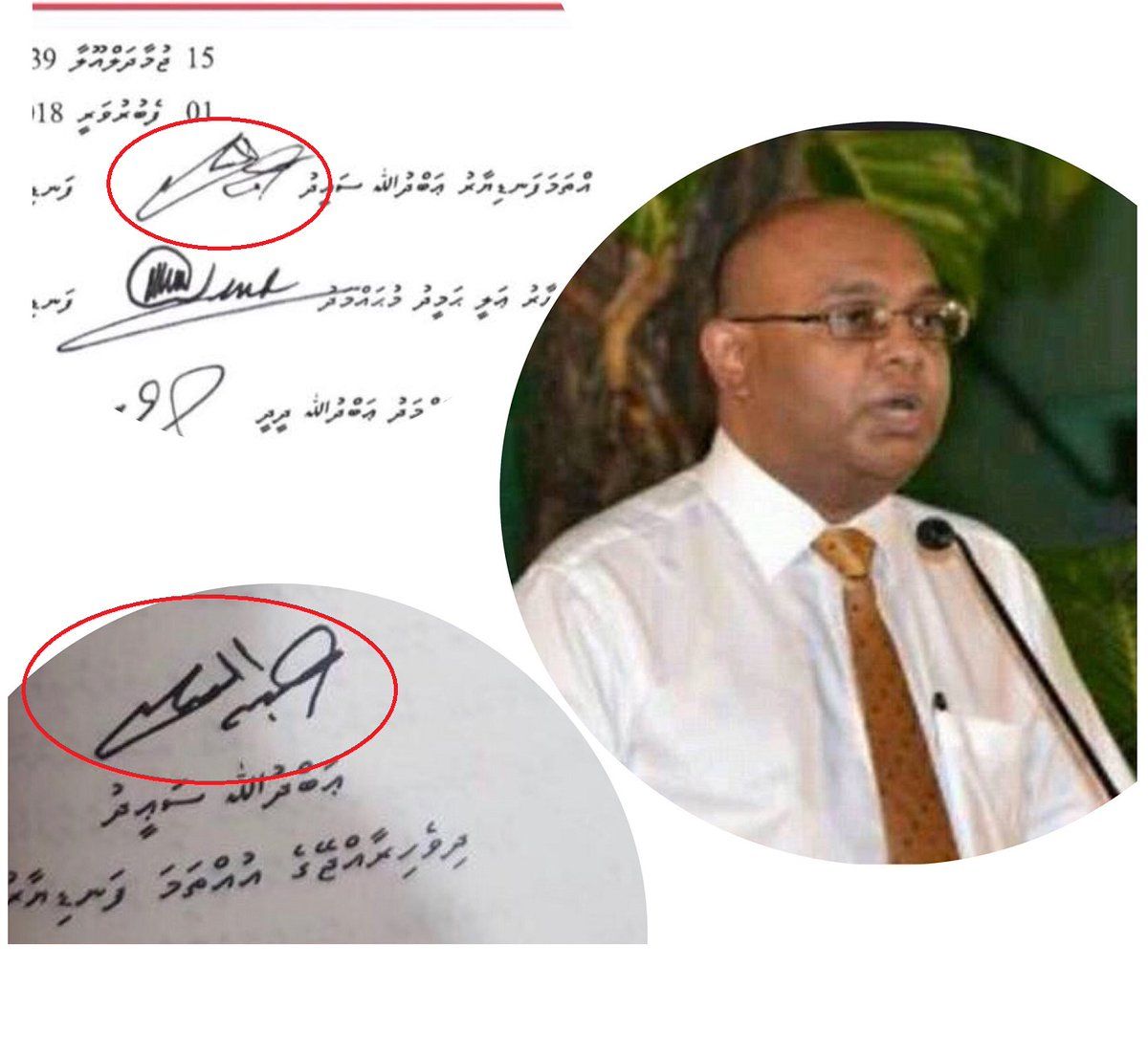Top judge denies faking signature on Supreme Court ruling
James Dauris said he had spoken to Chief Justice Abdulla Saeed, who signed a verdict saying that nine prisoners should be freed until they could have fair trials.

05 Feb 2018, 09:00
A top judge has denied he faked a signature on a ruling that ordered the release of high-profile prisoners, the UK’s ambassador to the Maldives said Monday.
James Dauris said he had spoken to Chief Justice Abdulla Saeed, whose signature was on a verdict saying that nine prisoners should be freed until they could have fair trials.
The ruling has triggered a crisis – including an extraordinary standoff between the government and judiciary – that shows no sign of being resolved.
“He said that neither his nor any other judge’s signature was forged. He told me about the great pressure judges are under,” said Dauris.
Become a member
Get full access to our archive and personalise your experience.
Already a member?
Discussion
No comments yet. Be the first to share your thoughts!
No comments yet. Be the first to join the conversation!
Join the Conversation
Sign in to share your thoughts under an alias and take part in the discussion. Independent journalism thrives on open, respectful debate — your voice matters.




